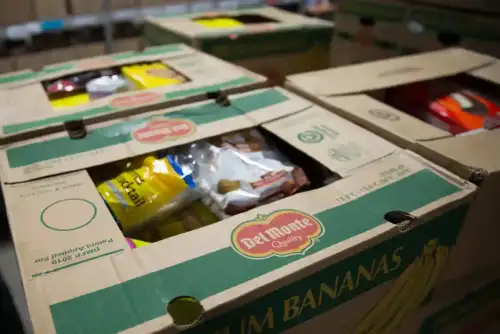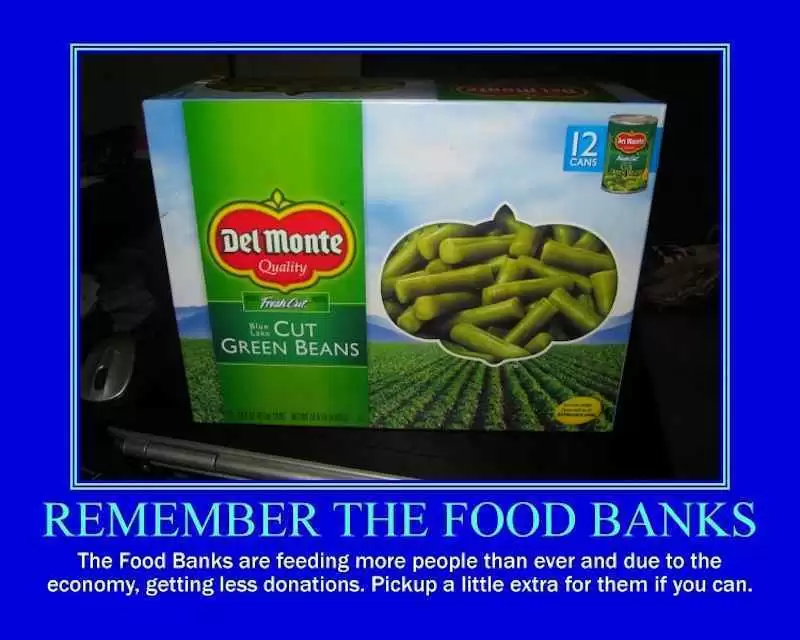Celiac.com 11/14/2024 - Celiac disease, an autoimmune disorder triggered by the consumption of gluten, affects an estimated 1 in 100 people worldwide. Those who suffer from it face the daily challenge of ensuring that every bite they eat is free of gluten, which is found in wheat, rye, and barley. For many, the cost and availability of gluten-free food are major hurdles. In response to this pressing need, Bridget Tucker, an 18-year-old parishioner from the Cathedral of Mary Our Queen in Homeland, Maryland, has spearheaded the launch of a gluten-free food pantry in her community. Bridget’s initiative, supported by her family and the wider parish, is making a real difference for individuals who face both food insecurity and dietary restrictions.
From Diagnosis to Advocacy: Bridget Tucker's Journey with Celiac Disease
Bridget Tucker was diagnosed with celiac disease when she was just 4 years old. Growing up in a gluten-free household, she and her family quickly adapted to the strict diet necessary to manage the condition. Now 18, Bridget is navigating the challenges of eating outside her home — whether at friends' houses or restaurants — while maintaining her gluten-free diet. For those with celiac disease, cross-contamination and the hidden presence of gluten in food are constant concerns, making social dining more complicated and stressful.
Celiac.com Sponsor (A12):
Despite these challenges, Bridget is aware of how fortunate her family is. “We are so blessed,” said her mother, Andrea Tucker, reflecting on their ability to afford gluten-free food. Andrea, also a parishioner at the Cathedral of Mary Our Queen, pointed out that gluten-free food products can be three to four times more expensive than regular food items. Gluten-free pasta, for example, can cost about $5 a box, while a loaf of gluten-free bread can go for as much as $7.
Recognizing their own privilege, the Tuckers were moved to help others in the community who face food insecurity, particularly those who need gluten-free products but may not be able to afford them.
A New Kind of Food Pantry: Gluten-Free and Allergen-Free Shelves at GEDCO
Bridget’s desire to make a difference led her to the food pantry at Govans Ecumenical Development Corporation (GEDCO) in Baltimore. With a background in volunteering with the Christ Child Society of Baltimore, Bridget approached GEDCO with the idea of stocking some of its pantry shelves with gluten-free and allergen-free food items. GEDCO’s assistant director, Joseph Crawley, was open to the idea, even though he initially knew little about celiac disease or the necessity of gluten-free food.
Bridget’s determination paid off, and last December, GEDCO’s pantry began offering gluten-free products. The pantry now includes items such as gluten-free pasta, bread, soup, and flour, thanks to Bridget’s tireless efforts to keep it stocked. She manages this through donations from gluten-free companies and collections held in her neighborhood, with help from her mother and other volunteers.
Crawley praised Bridget and her mother for their initiative, noting that the pantry’s gluten-free offerings are a “one-of-a-kind” resource for those with dietary restrictions. For many food-insecure families who have members with celiac disease or other food allergies, finding safe food can be incredibly difficult. The addition of gluten-free products at GEDCO has been a lifeline.
The Ongoing Need for Gluten-Free Food Support
For people with food allergies or celiac disease, the stakes are high. Eating gluten can result in serious health problems, and for some, the choice between eating food that makes them sick or going hungry is a painful dilemma. Andrea Tucker emphasized the importance of raising awareness about the gluten-free pantry, noting that diet is the only treatment for celiac disease. “There is no medicine,” she said, “so access to safe food is critical.”
The response from the community has been overwhelmingly positive. Items like gluten-free macaroni and cheese are particularly popular and fly off the shelves. For many families, this pantry represents more than just a source of food — it’s a safe, inclusive space where they feel cared for and understood.
A Future of Service: Bridget's Ongoing Commitment to the Pantry
As Bridget prepares to head off to college next fall, she plans to continue her involvement with the gluten-free pantry remotely. With the help of her mother and students who need volunteer hours, Bridget intends to place online orders to keep the pantry stocked. Her commitment to helping those with celiac disease access safe food shows no signs of waning.
Andrea Tucker hopes that more members of the community will get involved. “People have to have access to safe food,” she said. The Tuckers’ story is a testament to the power of community-driven efforts to meet the needs of vulnerable populations. Through collaboration, empathy, and action, they’ve made a real difference in the lives of people with food insecurities and dietary restrictions.
A Model for Inclusive Support
The gluten-free pantry at GEDCO, initiated by Bridget Tucker and supported by the Cathedral of Mary Our Queen parish, is more than just a food resource. It’s a beacon of inclusivity and compassion, showing that food pantries can cater to diverse dietary needs. As more people become aware of celiac disease and other food allergies, projects like this can serve as models for how communities can step up to help. By providing gluten-free options, the pantry ensures that no one has to choose between their health and their next meal.
Read more at: catholicreview.org







Recommended Comments
There are no comments to display.
Create an account or sign in to comment
You need to be a member in order to leave a comment
Create an account
Sign up for a new account in our community. It's easy!
Register a new accountSign in
Already have an account? Sign in here.
Sign In Now